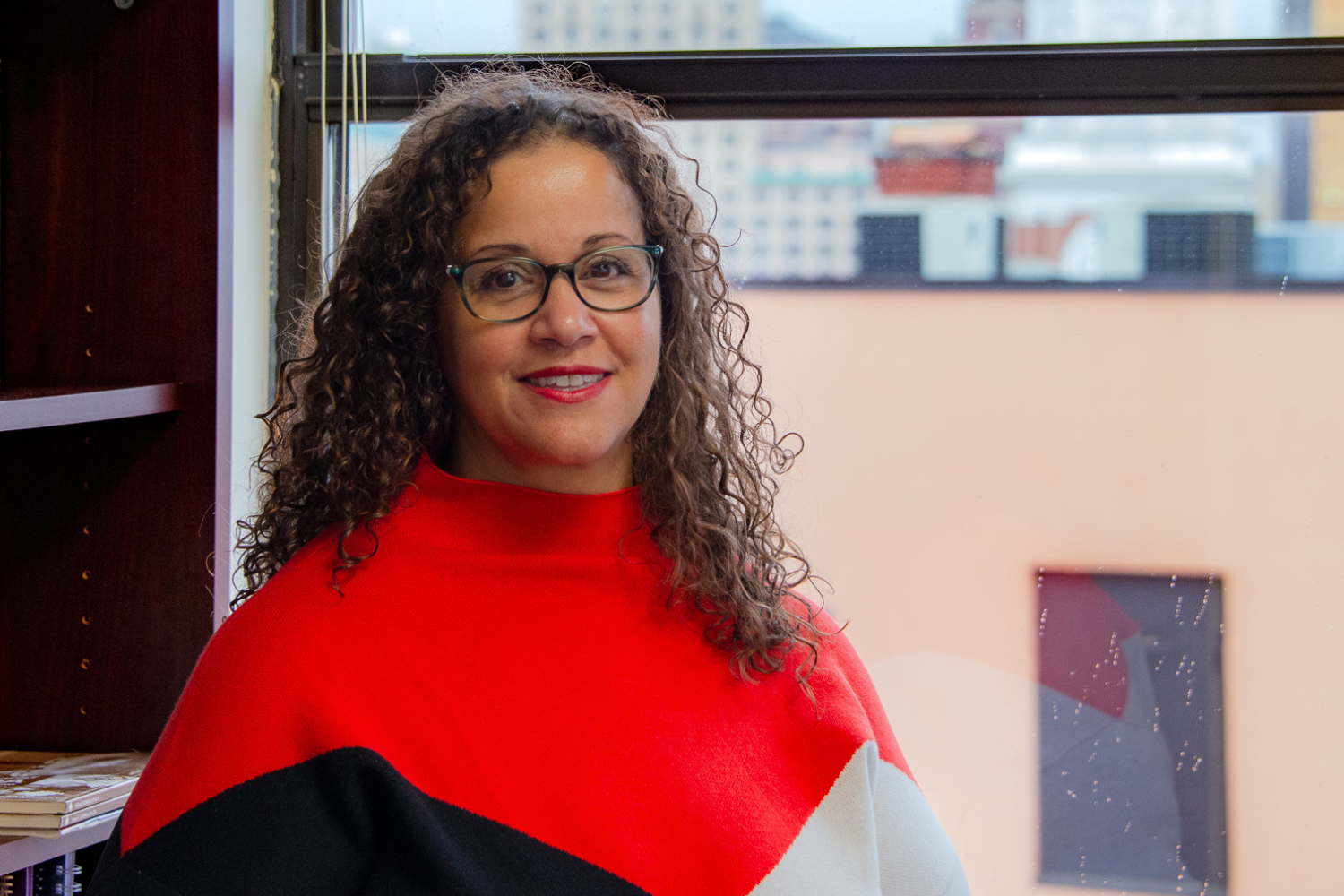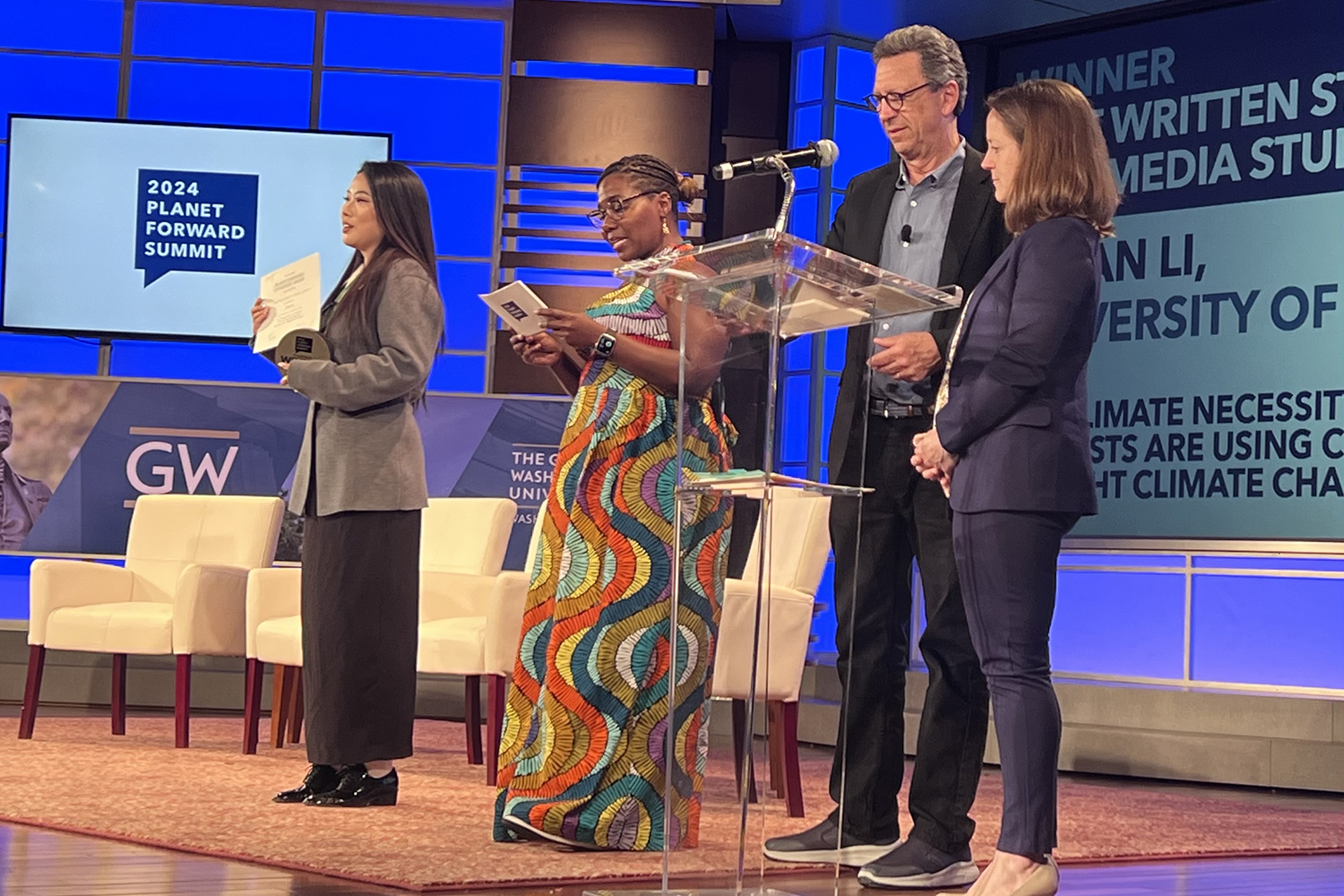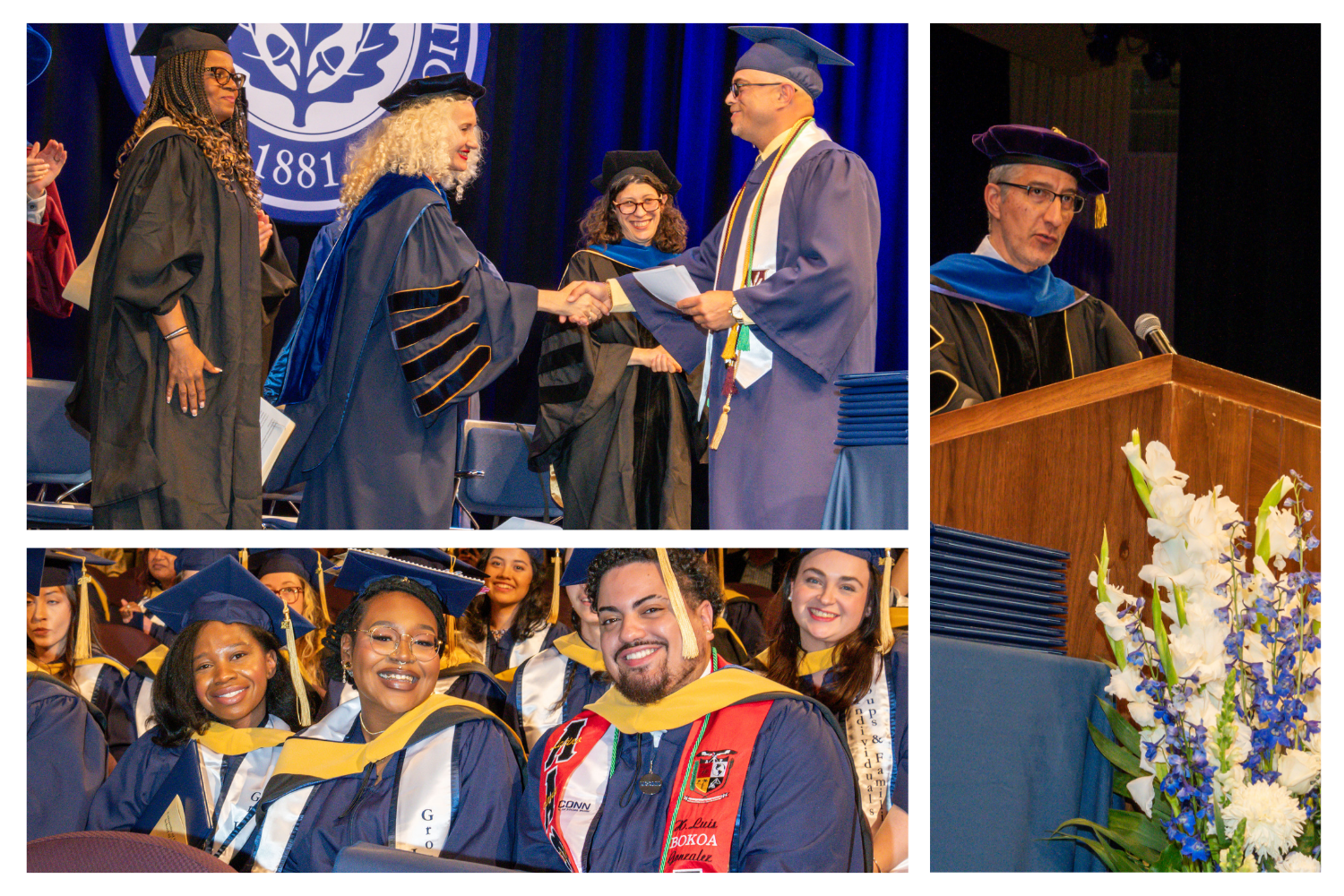UConn Law professors Alexandra Lahav and Sachin Pandya submitted an amicus brief Tuesday with the U.S. Supreme Court in Tyson Foods v. Bouaphakeo, a case that could make it more difficult to bring and win class actions in federal court.
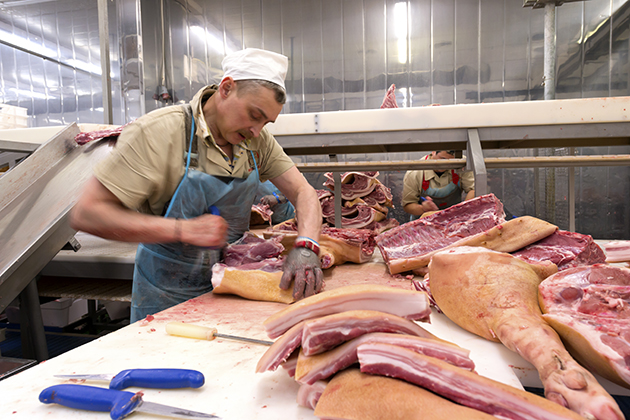
Workers at a meat processing plant in Iowa sued their employer, Tyson Foods, for violating Iowa wage law and the Fair Labor Standards Act by not paying wages for the time they spent putting on and taking off protective gear and walking to their work stations. A federal district court certified the lawsuit as a class action for the claims under Iowa law. It also let the many plaintiffs proceed collectively on overtime claims under the Fair Labor Standards Act, rather than make each worker file his or her own separate lawsuit.
After trial, a jury awarded the workers about $5.8 million in damages. Tyson appealed, and eventually the U.S. Supreme Court agreed to hear the appeal on two issues: whether certain statistical evidence should have been admitted at trial, and whether, as Tyson argues, the plaintiffs should have been required to prove that all the members of their proposed class suffered an injury.
The stakes in the case are high. If a plaintiff must prove actual injury of each proposed class member at the start of litigation, it will become more difficult to certify class actions. If that same requirement applies to collective actions filed under the Fair Labor Standards Act, which sets the minimum wage and requires overtime pay, workers will find it a lot harder to bring those actions. The restriction on class actions would affect not only labor cases, but any class action filed in federal court, including civil rights and consumer rights cases.
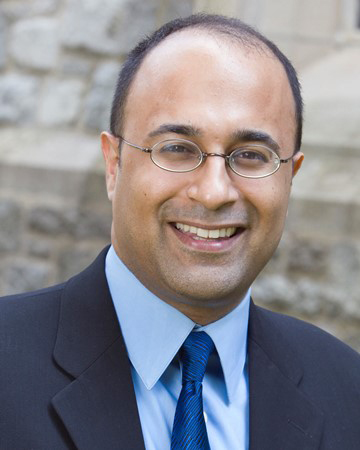
Pandya, an expert in employment law, and Lahav, an expert on civil procedure and complex litigation, filed their amicus brief to help the court decide the question of proving injury at the time of class certification.
Amicus briefs are legal documents filed in appellate court cases by non-litigants with a strong interest in the subject matter. The briefs advise the court of relevant additional information or arguments that the court might wish to consider.

In their brief, the two UConn Law professors argue that Tyson’s position contradicts settled interpretations of the federal rules for class actions, the Fair Labor Standards Act, and Article III of the U.S. Constitution, which defines the scope of federal court power.
If the Supreme Court adopts Tyson’s view, Lahav and Pandya wrote, it would effectively “undo the efficiency, fairness, and preclusive effect” of federal class actions, as well as make it harder for workers to bring Fair Labor Standards Act collective actions.
“Our faculty contribute at the highest levels of our country’s search for a fair and workable system of civil justice,” says Timothy Fisher, dean of UConn Law. “The deep and acute knowledge that Professors Lahav and Pandya bring to this debate are important and essential to a proper resolution of the direction of class actions as a recourse to injured individuals.”
More than 15 amicus briefs have been filed in the case, including briefs from Wal-Mart Stores, the National Association of Manufacturers, and the Chamber of Commerce of the United States. The Supreme Court will hear oral arguments Nov. 10.

